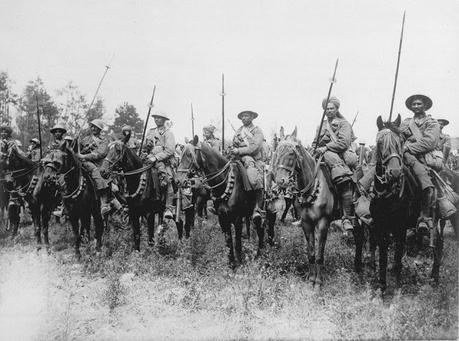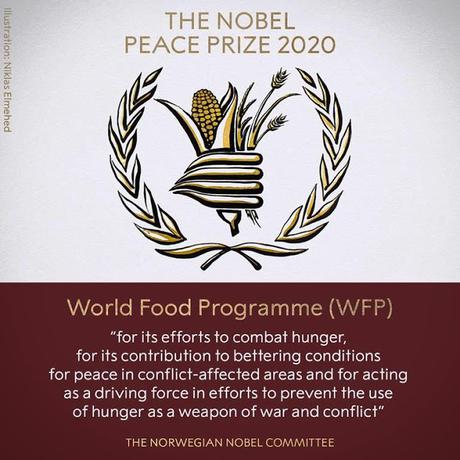Ethiopia is experiencing a turbulent transition. The uncompromising approach of political forces threatens to tear the country apart and reverse the hard-won gains made in recent years.There was a time when many western powers welcomed the new approach of Abiy Ahmed, who took power in 2018 and promised a programme of radical reform after decades of repressive one-party rule, hoping for swift changes in an emerging economic power that plays a key strategic role in a region increasingly contested by Middle Eastern powers and China. The most vocal unrest was in the state of Oromia, where there have been waves of protests since the killing last month of a popular Oromo artist and activist, Haacaaluu Hundeessaa, in Addis Ababa, the capital. An estimated 180 people have died in the violence, some murdered by mobs, others shot by security forces. Houses, factories, businesses, hotels, cars and government offices were set alight or damaged and several thousand people, including opposition leaders, were arrested.

It is slightly more than 100 years now ~World War I, began in 1914 after the assassination of Archduke Franz Ferdinand of Austria. His murder catapulted into a war across Europe that lasted until 1918. During the conflict, Germany, Austria-Hungary, Bulgaria and the Ottoman Empire (the Central Powers) fought against Great Britain, France, Russia, Italy, Romania, Japan and the United States (the Allied Powers). Thanks to new military technologies and the horrors of trench warfare, World War I saw unprecedented levels of carnage and destruction. By the time the war was over and the Allied Powers claimed victory, more than 16 million people—soldiers and civilians alike—were dead.
The Nobel Peace Prize has been awarded 101 times to 135 Nobel Laureates between 1901 and 2020, 107 individuals and 28 organizations. International Committee of the Red Cross has been awarded the Nobel Peace Prize three times (in 1917, 1944 and 1963), and the Office of the United Nations High Commissioner for Refugees has been awarded the Nobel Peace Prize two times (in 1954 and 1981), there are 25 individual organizations which have been awarded the Nobel Peace Prize.
With the coronavirus throwing tens of millions of people into poverty, the Nobel Peace Prize today was awarded to the World Food Program, the U.N. agency on the front line of battling hunger and dealing with the pandemic's economic fallout. The Norwegian Nobel Committee has decided to award the Nobel Peace Prize for 2020 to the World Food Programme (WFP) for its efforts to combat hunger, for its contribution to bettering conditions for peace in conflict-affected areas and for acting as a driving force in efforts to prevent the use of hunger as a weapon of war and conflict.The World Food Programme is the world’s largest humanitarian organisation addressing hunger and promoting food security.

The Nobel is a recognition of the Rome-based organization’s long-standing role in addressing food supply crises and trying to improve conditions in conflict zones. But by selecting a group emblematic of global cooperation, the 2020 prize was also an admonition in an era of nationalism and skepticism about international projects. “The need for international solidarity and multilateral cooperation is more conspicuous than ever,” said Berit Reiss-Andersen, the chairwoman of the Norwegian Nobel Committee, announcing the prize in Oslo.
The coronavirus, most directly, has infected more than 36 million globally and caused more than 1 million deaths. But in country after country, it also has triggered a broader economic crisis that has disproportionately hit low-wage workers and people in developing countries where there is little social safety net.Last month, the World Food Program’s executive director, David Beasley, warned of a wave of famine that could sweep the globe, brought on by a combination of conflict and the pandemic.
Last year ie., 2019 - Nobel Peace Prize was awarded to the Prime Minister of Ethiopia Abiy Ahmed Ali "for his efforts to achieve peace and international cooperation, and in particular for his decisive initiative to resolve the border conflict with neighbouring Eritrea."In the year since, the country has become increasingly beset by political unrest, dampening some of the lofty hopes expressed by his supporters and the prize committee in Oslo. A set of crises has instead ensued, slowing the pace of reform and underlining questions many asked last year whether Abiy’s award had been premature. Widespread ethnic and other political violence, the detention of opposition leaders and deepening polarization over the schedule of the promised elections — now delayed by the coronavirus pandemic — have created growing instability.
“The committee has increasingly given awards to processes like in Ethiopia, rather than past achievements. The expectation is of course that the award nudges the process along,” said Henrik Urdal, director of the Peace Research Institute Oslo, which closely monitors the Nobel Peace Prize process. “I think the Abiy award was probably the riskiest of their process awards, though it would still be too early to call it a failure”. In an opinion piece in the Economist last month, Abiy said that his commitment to reform “remains firm despite the numerous obstacles that the country has faced over the past two-and-a-half years,” even if demagoguery and sensationalized media reports suggested otherwise. Perhaps the greatest challenge Abiy faces is discontent in his home region of Oromia, whose main inhabitants, the Oromo people, Ethiopia’s most populous ethnic group, were politically sidelined by previous governments. Oromo leaders accuse Abiy of continuing to exclude them from the fold.
Mohandas Karamchand Gandhi never received the Nobel Peace Prize, although he was nominated five times between 1937 and 1948. In 1948 Gandhi received six letters of nomination and was on the short list for the Peace Prize but was assassinated on 30 January 1948, two days before the closing date for nominations. The Nobel Committee decided against awarding the prize, saying the laureate could only be awarded posthumously if he/she died after the Committee's decision had been made. Decades later, a Nobel Committee publicly declared its regret for the omission. Geir Lundestad, Secretary of Norwegian Nobel Committee in 2006 said, "The greatest omission in our 106-year history is undoubtedly that Mahatma Gandhi never received the Nobel Peace prize. Gandhi could do without the Nobel Peace prize, [but] whether Nobel committee can do without Gandhi is the question". In 1948 (the year of Gandhi's death) the Nobel Committee made no award, stating "there was no suitable living candidate".
P e a c e and N o b e l award !!
With regards – S. Sampathkumar09.10.2020

